Sebastian Schaffer, who is Managing Director of the Institute for the Danube Region and Central Europe, a partner of Fair Observer, visited Kyiv in 2023. There, he saw the destruction wrought by the Russian invasion of Ukraine firsthand. Russian missiles struck the Ukrainian capital while he was there.
This year, Schaffer returned by visiting the cities of Uzhhorod and Lviv. This trip was safer, yet more psychologically draining than the first. In 2023, morale was high. Ukrainians were confident. Now, the fatigue is palpable. Constant attacks on civilian infrastructure wound and kill people as Western support trickles in slowly .
This is the Kremlin’s strategy, and it’s succeeding. Momentum is clearly on Russia’s side, and the longer the campaign lasts, the further Ukrainian morale sinks.
Will Russia win? What could this victory mean for Europe?
NATO vs. Russian expansionism
It’s unlikely Russia can fully occupy Ukraine. Russia can’t win by suffocating Ukrainian morale until they stop resisting — and Ukrainians know a loss would bring death, destruction and rape.
No one knows now exactly what a Russian victory could bring. Political scientist John Mearsheimer argues that Russia is not expansionist and it will stop after it secures the territory it now holds. Others say that Russia intends to overrun Ukraine entirely and that it will bring its conquest to other countries next. This would usher in a perilous era for Central and Eastern Europe.
Mearsheimer argues that Russia acted to achieve one political aim: preventing NATO from expanding further eastward. Russia sees its near abroad as a defensive bulwark against potential NATO military invasion. The United States reacted similarly in the 1960s when Soviet Union tried to advance into Cuba.
Hypothetically, Russia could achieve certain goals and then freeze the conflict. But to do that, it would have to control what it believes is now its sovereign territory, namely four Ukrainian oblasts of Kherson, Luhansk, Donetsk and Zaporizhia. Russia organized sham referenda to annex these areas. As long as these oblasts remain partly outside of Russia’s grasp, negotiation seems unlikely. Likewise, on the Ukrainian side, President Volodymyr Zelenskyy cannot negotiate a peace that would involve the surrender of national territory. This would violate Ukraine’s constitution.
Mearsheimer is right that the positioning of NATO missiles in Ukraine would be an existential threat to Russia that the federation would necessarily have to stop. But this could have been achieved through negotiation and reasonable planning. Instead, Russia denied Ukrainian statehood and began gobbing up pieces of it. Far from carrying out a defensive action, the Kremlin used the purported threat of NATO to justify its violation of international law.
The European divide
The Russia–Ukraine War is the first large-scale conflict in Europe since the fall of Berlin in 1945. French President Emmanuel Macron tried making peace with Putin in 2022, but now he’s asking for Western troops in -Ukraine. Once a dove, he’s now become a hawk. In his view, if Ukraine falls, others will follow.
Despite this, Europe will not get tougher with Russia. There are too many sovereign states with too many different approaches for that to happen. This is a hybrid war — a war that combines conventional and irregular warfare. A narrative battle rages inside each country in tandem with the deadly campaign in Ukraine.
Many countries are noticing this extra dimension. The last two years have brought a fundamental shift in thought: If Europe can’t defend the Ukrainians who are fighting for the EU’s values, how can it protect those principles? Europe’s security structure was destroyed on February 24, 2022; its freedom, values and democratic way of life are in jeopardy. Further, Europe cannot rely on NATO’s Article 5 to defend itself. The US will not necessarily interve to defend Europe in the event of a limited engagement in eastern Poland or the Baltics, which Russia could plausibly try. If Article 42.7 of the Treaty of Lisbon — the EU’s mutual defense clause — is not to be a dead letter, Europe must have an independent defensive capability.
This viewpoint has divided Europe. Many Europeans lack the will to fight, believing the threat to be exaggerated. Italy and Spain are far from Russia and protected by high mountains; the idea of Russian tanks threatening these southerly nations sounds like science fiction.
France and Germany have always shared the Great European Plain — easy to drive tanks across — with Russia and so perceive the possibility of war, however remote, as more realistic. Yet both nations are internally split on Russia. France has a semi-presidential system where Macron can dictate policy, but many in the National Assembly do not share his hawkish views.
On the other side, Germany has a parliamentary system where three parties form the government coalition: the Social Democratic Party, the Green Party and the Liberals. There are hawkish Social Democrats, dovish Liberals and both tendencies in the Green Party. It’s difficult for these parties to compromise when debating a common policy.
On February 27, 2022, German Chancellor Olaf Scholz delivered the famous Zeitenwende (“Watershed”) speech in the Bundestag. He announced a change to the country’s security and foreign policy, upping defense spending significantly. Germany was to take an active role as a member of NATO. Yet Germany doesn’t want to get involved in this war. Unlike France, it has a large, resource-hungry manufacturing industry — and no nuclear plants to power it. This makes Germany much more dependant than France on Russian fossil fuels. War means that energy costs skyrocket, growth plummets and industry suffers. Already, Germans are saying that they’re the real losers of the war.
Danube regional affairs
Along with Ukraine and Germany, Europe’s Danube region consists of Austria, Slovakia, Hungary, Croatia, Serbia, Bulgaria, Romania and Moldova. As Ukraine’s neighbors, these countries would be directly affected if Russia occupied its entirety.
In Hungary, Prime Minister Viktor Orbán has taken a questionable, pro-Russian attitude. Traditionally, Hungarians are suspicious of Russia, with dark memories of Soviet tanks rolling into Budapest to crush the Hungarian uprising against Bolshevism in 1956. Yet Orbán’s social contract with the Hungarian people relies on growth that cheap Russian gas fuels. Hungary has notoriously made a long-term contract with Russia’s Gazprom energy corporation. Meanwhile, Budapest vetos EU measures to aid Ukraine. The country’s stance seems rooted in business, not ideology.
Slovak Prime Minister Robert Fico resigned from power in 2018 over a political crisis: Journalist Ján Kuciak and his fiancée, Martina Kušnírová, nearly exposed a financial flow running through the government, but were silenced mafia-style. Now, Fico regained the people’s favor by using their frustration with the war; he was re-elected in 2023. He blames his country’s high inflation on the war and the war on anti-Russian Western policy.
Just outside the Danube region, Poland is also divided on how to should position itself. Supporters of the nationalist Law and Justice party are less hawkish on Russia. Yet Law and Justice is no longer in power as of 2023. Prime Minister Donald Tusk’s new government marks a return to upholding European values and feels that, if Europe does not stop Russia at the Donets, they will soon have to do so at the Bug.
Poland is a hotspot because, if it feels threatened and insufficiently protected by NATO, it may decide to develop its own nuclear weapons. Indeed, Europe needs a nuclear deterrent independent from that of the US. This war has caused Europe to see that it must stand on its own two feet, invest in military production and prepare to defend itself. If Russia makes a move, the Yanks may not be coming.
[Lee Thompson-Kolar wrote the first draft of this piece.]
The views expressed in this article/video are the author’s own and do not necessarily reflect Fair Observer’s editorial policy.













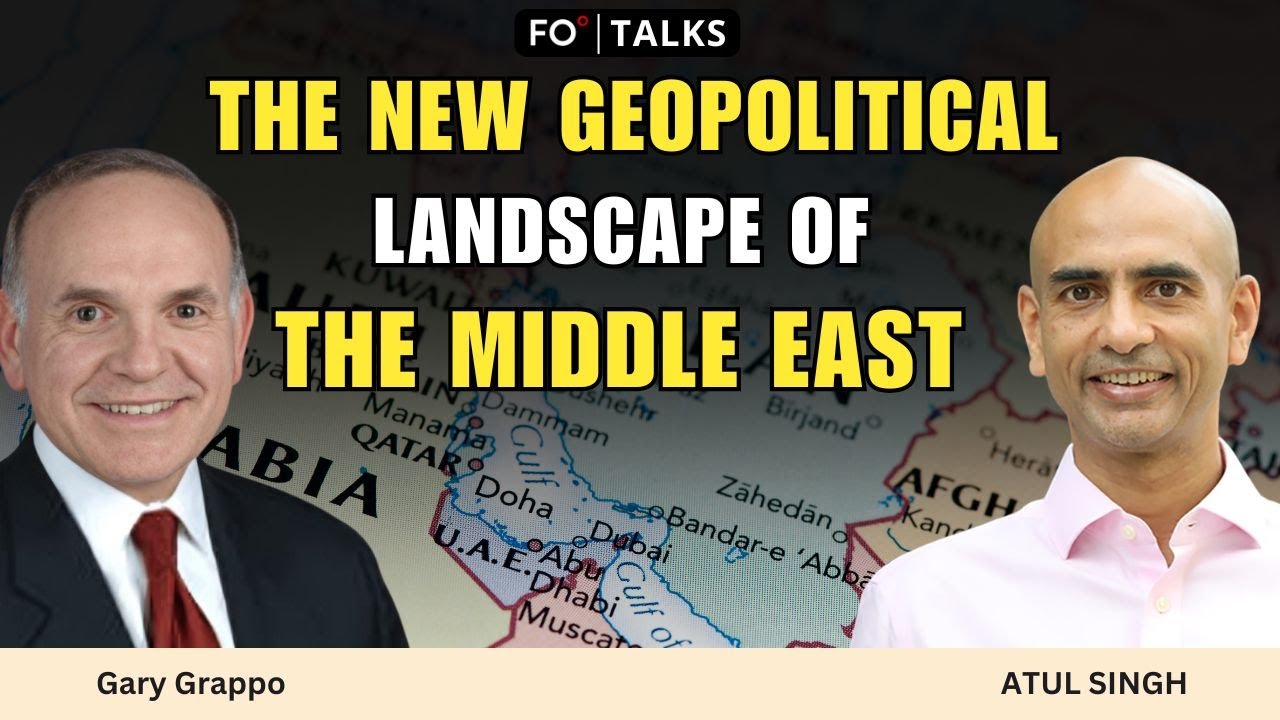




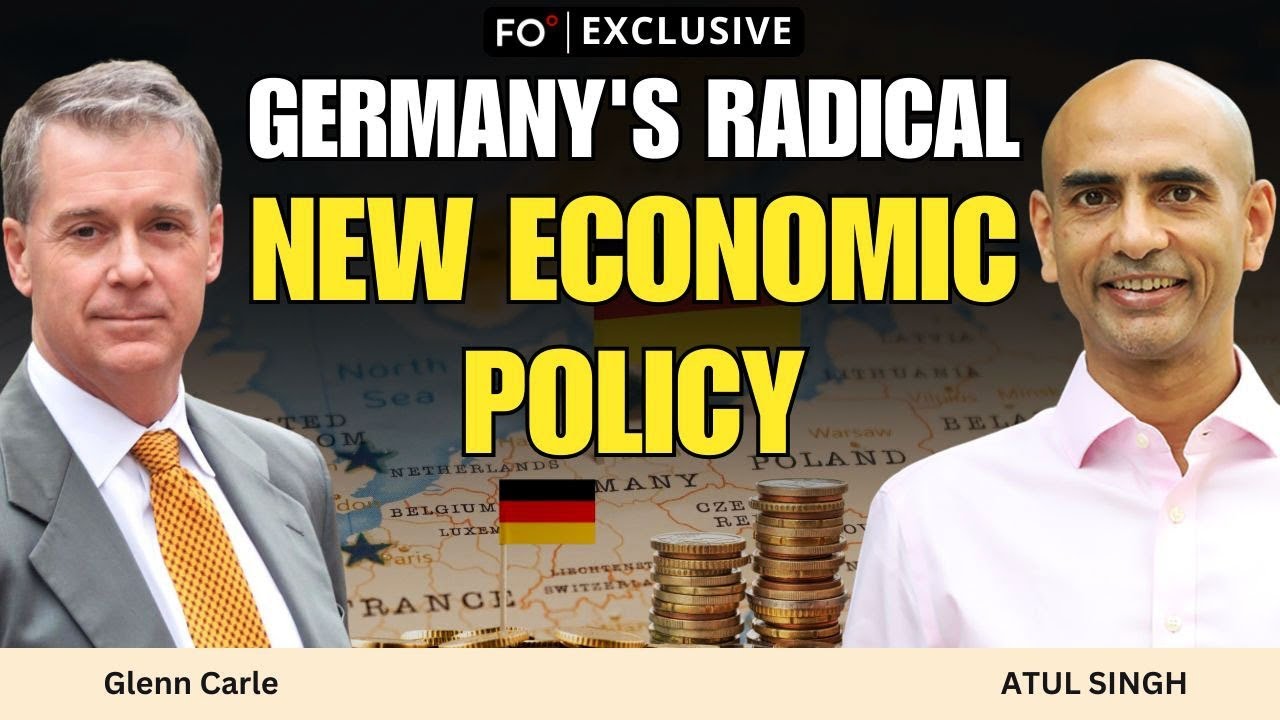
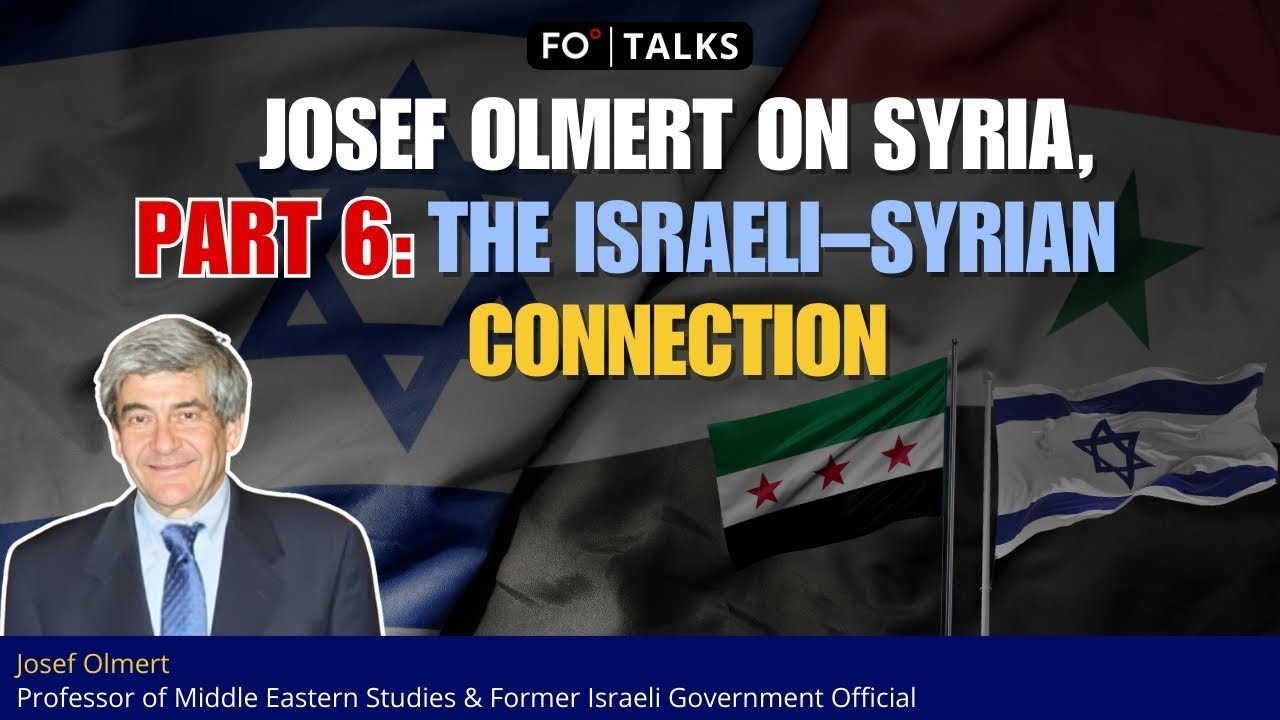
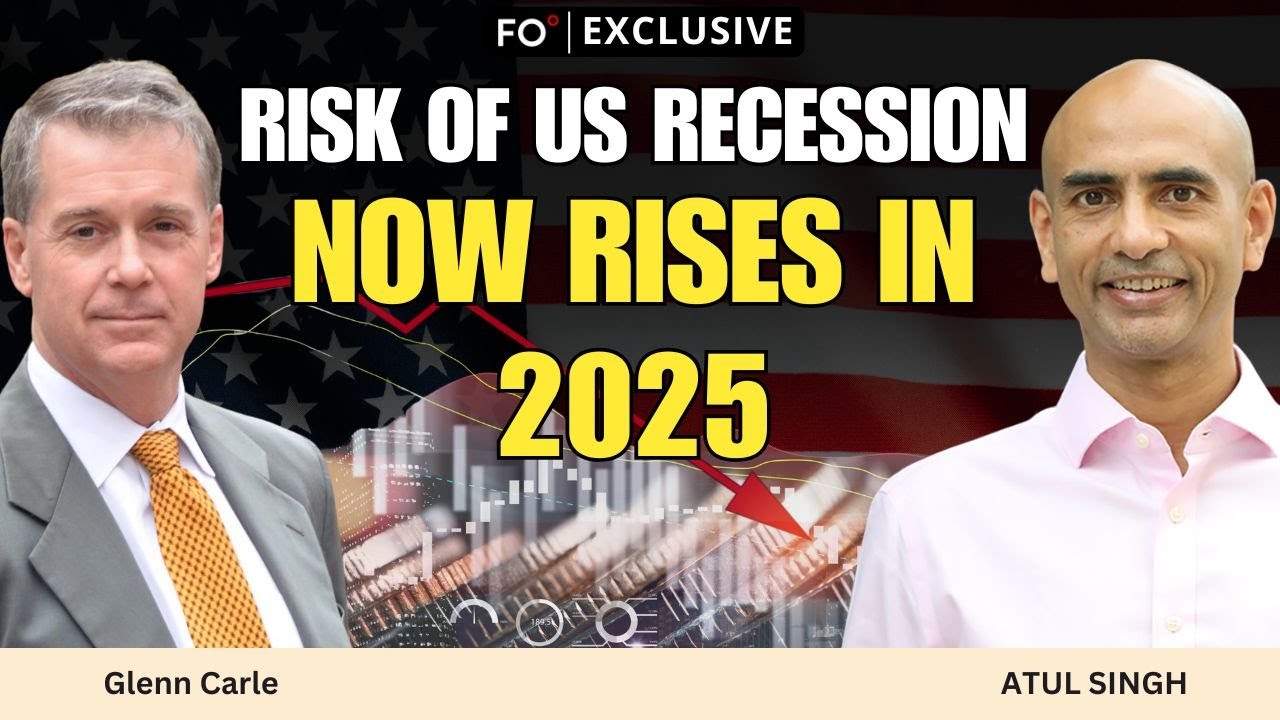



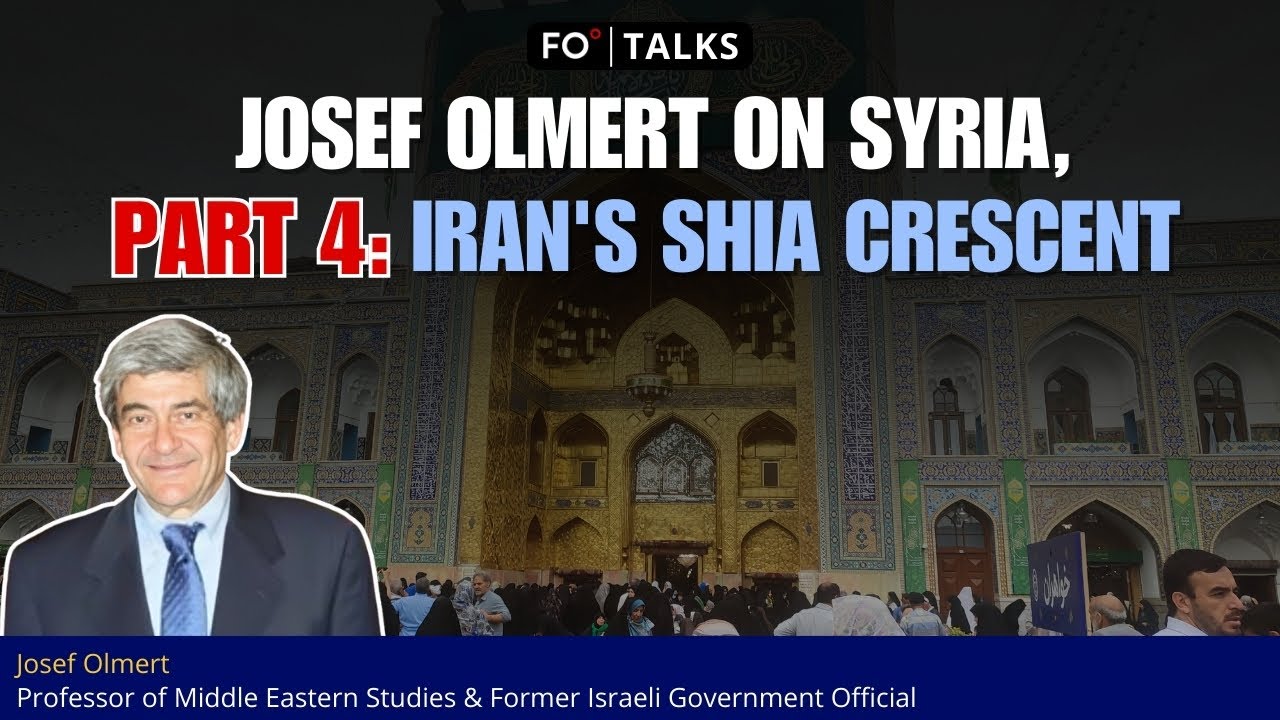














Comment